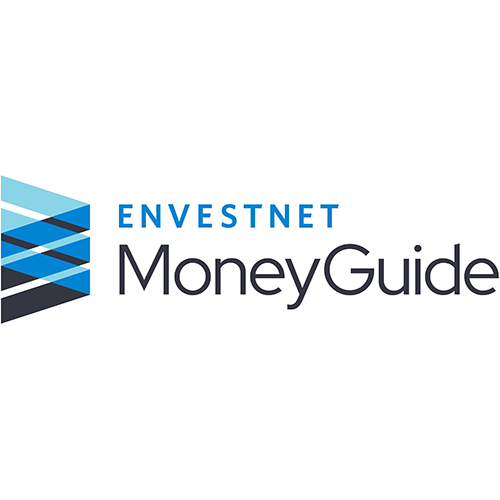During volatile times, many investors get spooked and begin to question their investment strategies. The thing to realize is that market volatility is inevitable. It’s the nature of the markets to move up and down over the short-term. Trying to time the market over the short-term is extremely difficult proposition and generally not a winning strategy. With the recent volatility in the financial markets, many 401(k) plan participants are asking for guidance on how to manage their 401(k) plan assets.
However, since no one can predict how the markets will perform, it’s vitally important to develop an investment strategy that can help plan participants stay on the right track. Here are some tips that plan sponsors and their investment advisors can help educate and calm participants during uncertain times.
- Have a Plan. Developing a financial plan is one of the best ways to help you meet your long-term goals. Having an actionable strategy to address market volatility in advance of a turbulent market can help calm nerves and help keep participants on the road to retirement. With any plan, make sure you review the current strategy, the plan you had when you were 30 may not make sense when you are 50.
- Invest Regularly. It may seem counter intuitive, but investing through market downturns can help reduce anxiety of daily market fluctuations. This strategy is called dollar cost averaging which is one of the best ways to invest regularly, since you are investing a fixed amount on a fixed schedule regardless of how the market performs.
- Be Patient. Uncertainty and volatility are always going to be a part of investing, so make sure you take a long-term objective look at your account. Saving for retirement is not a sprint, it’s more like a marathon. If you are feeling nervous about your plan, this is a good time to speak with your plans financial advisor.
- Keep Invested. We see this all too often, participants are pained to see their account values fall, and the only way to stop the pain is to sell. More often than not, this can be the worst mistake they make. One thing to keep in mind is that yes you have lost value, but it is not a true loss until you sell. Realizing a loss, is a major reason why most participants average less than half the return their fund provided. When you play the timing game, you have to guess right twice, when to get out, and when to get in, the odds are normally against you betting right.
- Work with a Financial Advisor. When you get a bad cut, most of us do not attempt to put the required stitches in ourselves, we use the services of a doctor who is trained in the medical field. When markets start zig and zagging, remember you are not alone out there, speak with your financial advisor. They can provide an understanding of your complete financial picture, give you historical perspective, and most importantly be your coach to help keep you on track to meet your goals.
- Don’t be a Day Trader. Looking at your account each and every day can lead to irrational decision making especially when the markets are on a roller coaster. Remember to stick with your plan, fast moving markets, either rising or falling are not times to be making major changes to your retirement plan. Emotions good or bad can lead to decisions that you may regret later.
- Education. If you are a plan sponsor, this may be a good time to look at holding an education meeting with your participants. An advisor can help alleviate concerns and answer questions that many individual maybe feeling.
Saving for retirement isn’t always easy, and there will be bumps in the road along the way. Whether you are a plan sponsor talking with participants or a participant yourself, keep in mind the long-term goal of your retirement vision. The easiest way to get off track is to take a quick detour that leads to a dead end. Don’t be afraid to ask for help, this is one journey you don’t’ have to go on alone.
John Friar, AIF
Financial Consultant/ Director of Corporate Retirement Plans
Park Capital Management
JFriar@parkcapitalmgt.com





